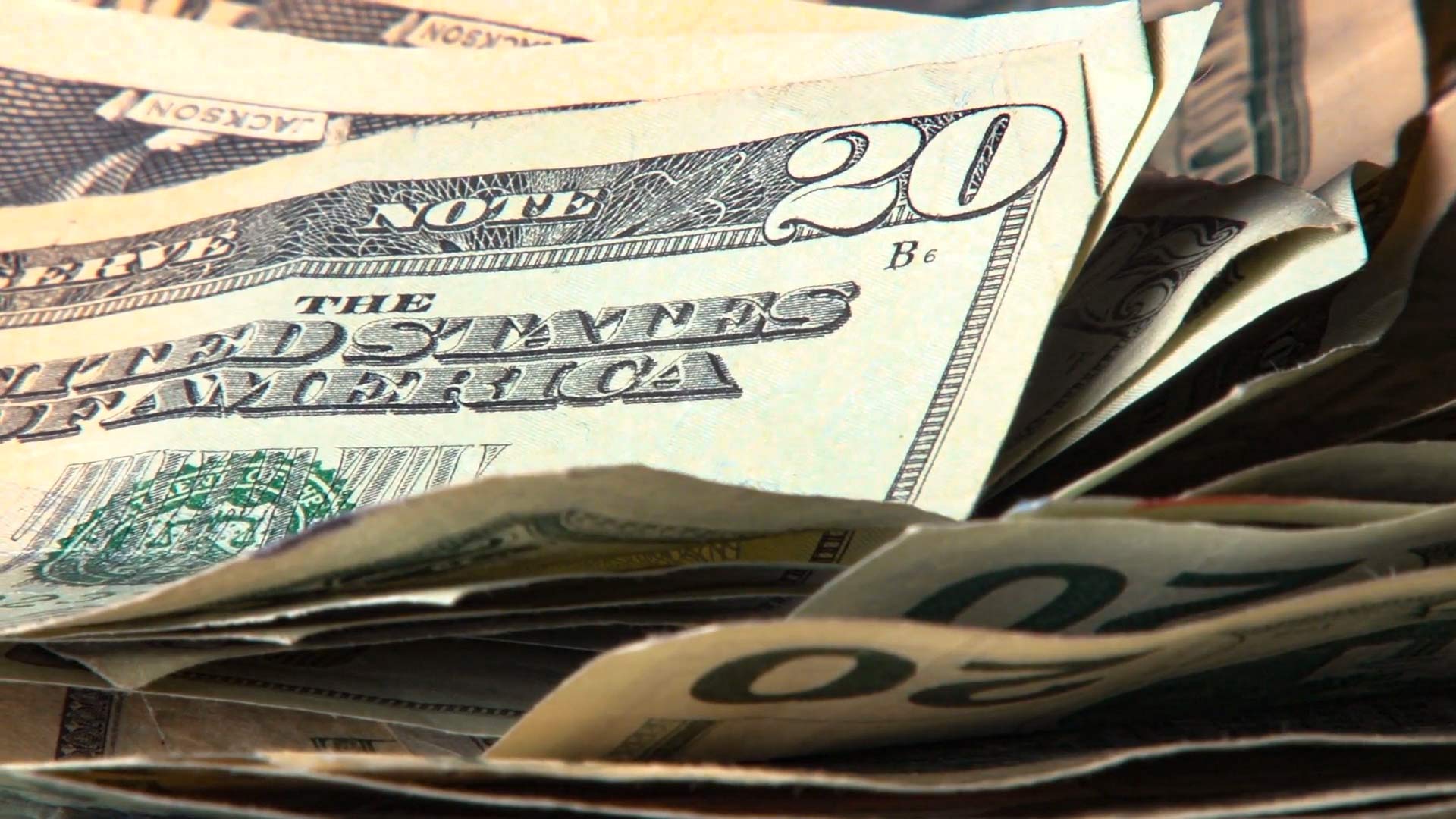 Twenty-dollar bills.
Twenty-dollar bills.
The Arizona House of Representatives began their budget debate Thursday with the priority for Governor Doug Ducey, the passage of a flat tax and tax cuts for the state.
But the day of budget debates began with a dust-up over new procedural rules proposed by House Republicans.
House Speaker Rusty Bowers was still upset about the walkout Democrats staged earlier in the week that kept budget debate from beginning.
“It is clear, was clear then by the absence of an entire caucus and by actions prior and currently today that procedural obstruction and delay have been instituted in lieu of civility,” Bowers told members.
The rule change proposed by House Republicans allowed no more than 30 minutes of debate on each of the nearly dozen bills that make up the budget. Democrats were furious.
“The only thing the Democratic caucus can do is deny quorum if the Republican party cannot get their act together so well as to provide their own quorum for their own rotten set of bills. Civility, I will give you civility when you give us civility when you give the people of Arizona the civility of listening to them,” said Representative Mitzi Epstein.
That rule change passed on a party-line 31-29 vote. The debate then moved to the flat tax.
The tax plan gets rid of Arizona’s four state income tax tiers, replacing them over time with a flat 2.5% tax rate for all payers regardless of income level.
Democrats complained that the proposal doesn’t help everyone in the state.
“This budget provides help for those who don’t need any help and it's paid for by those who are in dire need of help and it is paid for by the ever-shrinking middle class,” Epstein said.
Other Democrats pointed out the disparity in the structure of the flat tax proposal.
“The benefit to somebody at the bottom rung, somebody who makes less than $21,000 in the state of Arizona is $3. The benefit for somebody who is making over $500,000 a year is $30,000. The person at the bottom can’t even buy a cup of coffee, except maybe at Circle K, but the person making 500,000 can buy a new car every year,” said Representative Pam Powers Hannley.
Republicans were not swayed and came to the floor of the House with their own economic arguments. Representative Shawnna Bolick said the GOP had a responsibility to pass the tax cut package.
“Let’s push back and help all Arizonans who will be stuck paying for DC’s reckless cradle to grave social programs that will be on the hook long after today’s DC politicians are six feet under,” Bolick said.
During the debate, Democrats used the phrase “giveaway” when referring to the cuts. The wording bothered Republican Representative Mark Finchem.
“I’ve heard at least a dozen times now the term ‘giveaway’ I would like to remind this body that government has nothing to give away that it hasn’t taken from somebody else. So the proper framing for this is not a giveaway, it's where government takes less of the toil and the sweat and the tears and the skills and the time that individuals expend in order to earn a living,” Finchem said.
Democrats continued to press their argument in the limited time they had.
“I truly believe that we can have it all in Arizona. We can have a booming economy, we can have great schools, and we can make investments that help every single Arizonan enter school prepared to succeed in school and in life. But we can’t do it if we keep cutting. We can only do it if we start investing. Just think about this, with the amount of money on the table with this tax cut right here we could provide universal Pre-K for every single four-year-old in the state of Arizona,” said Representative Aaron Lieberman.
Republicans remained unconvinced and sided with Ducey on the flat tax proposal.
“What we do have here is a historic tax that will result in significant positive impact for everyone in this state. It’s a tax cut that helps small businesses and helps us be more competitive,” said Representative Ben Toma.
The flat tax passed on a 31-29 party-line vote.
After the vote, Ducey issued a statement calling it a “momentous day for Arizona.”
“Every Arizonan—no matter how much they make—wins with this legislation. They will get to keep more of the money they earn under this tax plan,” Ducey wrote.
Ducey said he looks forward to signing the bill.
The flat tax was just part of the budget debate in the House.
Representative Regina Cobb, the chair of the House Appropriations Committee, told members the spending plan is a good one for cities.
“They are going from a 15% to an 18% urban shared revenue. That’s a pretty big increase since they’ve never had one since the beginning of time,” Cobb said.
Urban shared revenue is the amount of money cities get from the state. Cobb said there are also millions of dollars in the budget for road construction and repair.

By submitting your comments, you hereby give AZPM the right to post your comments and potentially use them in any other form of media operated by this institution.